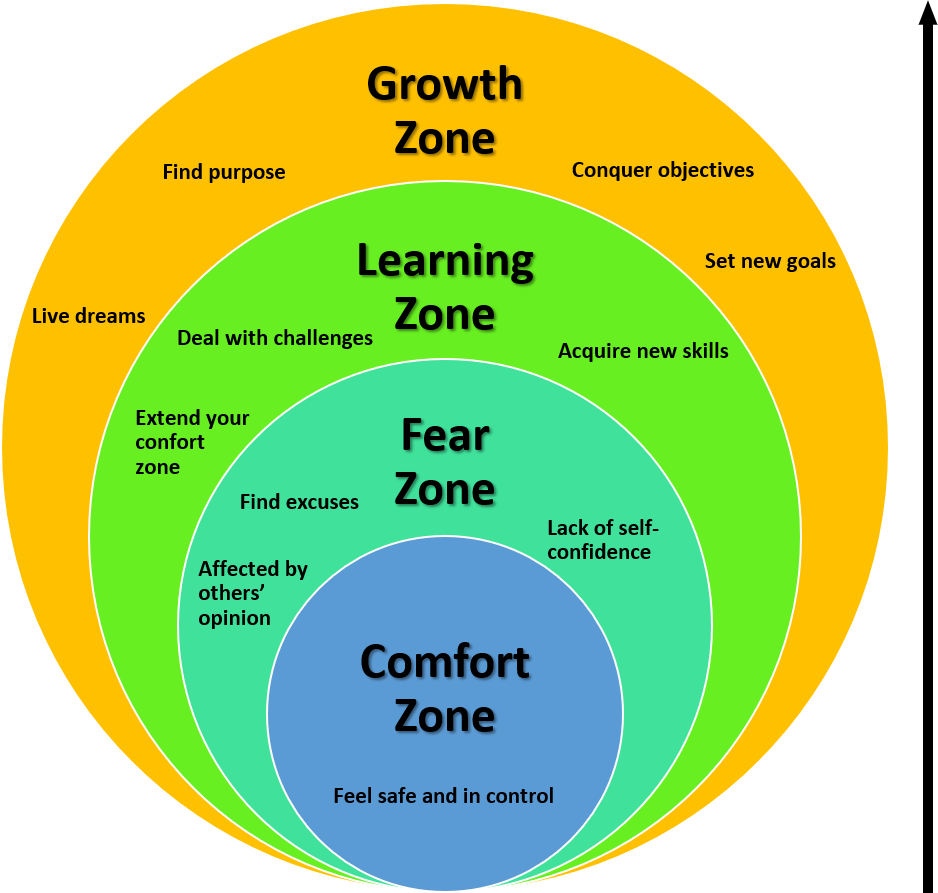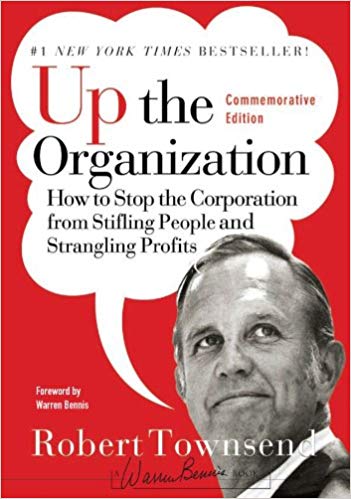Title: The Ride of a Lifetime
Author: Robert Iger
Publication Date: 2019
Recommendation Score: 4.5/5
Robert Iger had been the CEO of the Walt Disney Company for 15 years. In his book “The Ride of a Lifetime”, Iger tells his story from humble beginnings to global fame. In hindsight, the author tries to extract some lessons for successful leadership. The book is pleasant to read. Its storytelling is enjoyable. It gives you insights into how the life of a CEO looks like.
I recommend it: enjoy the story and take the lessons with a grain of salt.
Book Review
Leadership is not an exact science, and most books dealing with it are a waste of time. The best thing about “The Ride of a Lifetime” is the no-nonsense approach to leadership; the author tells you what has worked for him and what has not. There are no references to (HBS) academic theories, nor pseudo-scientific studies. When I finished reading the book, the impression I had was that leadership is all about being trustworthy, emotionally aware, and able to take bold risks.
The author starts the first chapter by “This book is not a memoir”, as he wants it to be a book of lessons. I disagree. Iger is trying to connect the dots backward and to make sense of past events. This process is very risky, especially when based on one person’s perspective. It is prone to the hindsight bias; when we try to find causality between correlated events where there might be none. The author admits the role of chance at the end of the book, but convey the message that the traits that served him well are the reason for his achievements. This is why I think that the lessons should be taken with a grain of salt. Some problems have no unique solution. Again, leadership is not an exact science.
Continue reading “The Ride of a Lifetime – Robert Iger” →






 In his book “Up the Organization”, Robert Townsend gives 10 evaluation criteria that you can use to rate your boss as a leader.
In his book “Up the Organization”, Robert Townsend gives 10 evaluation criteria that you can use to rate your boss as a leader.